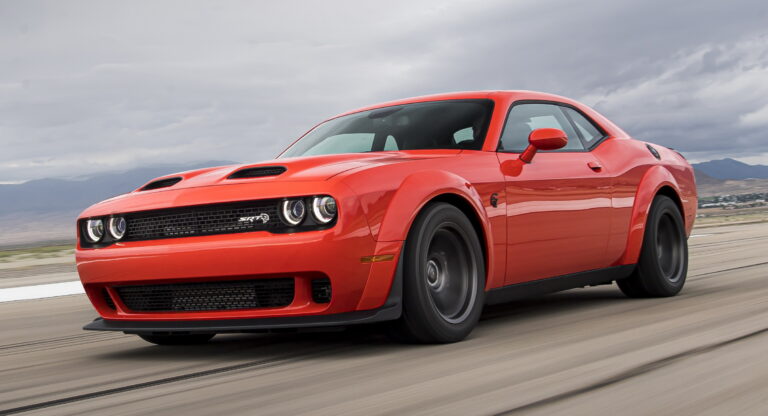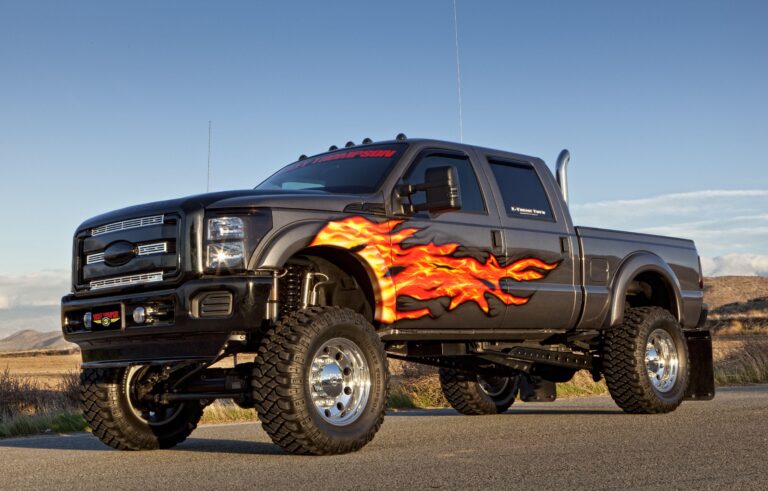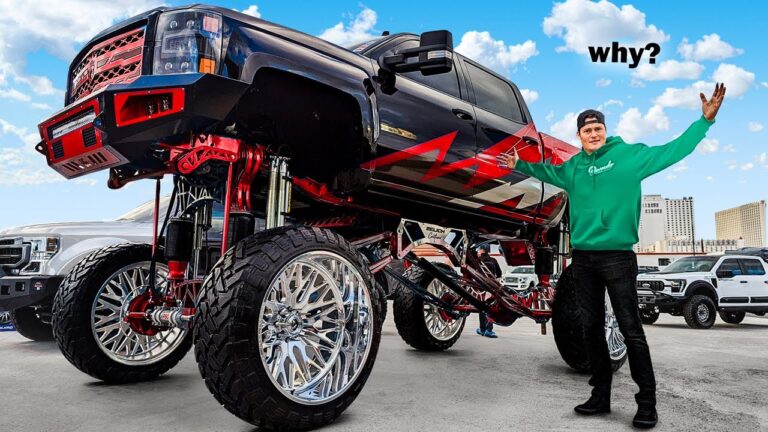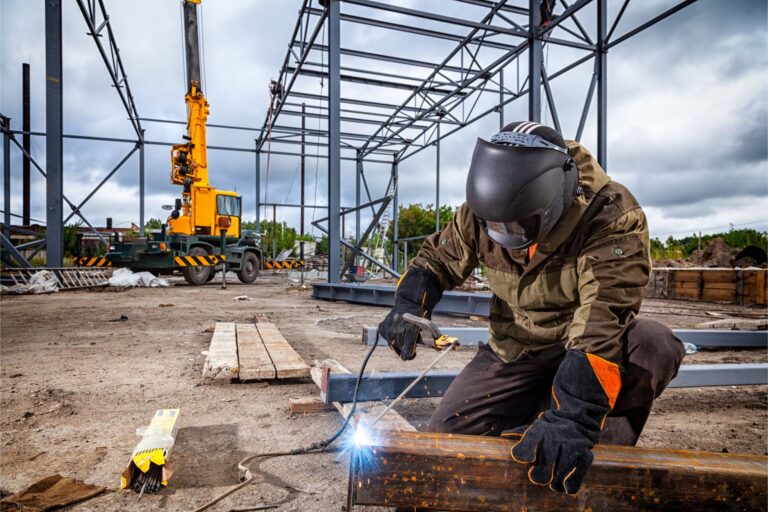Dumpster Trucks For Sale: Your Comprehensive Guide to a Smart Investment
Dumpster Trucks For Sale: Your Comprehensive Guide to a Smart Investment cars.truckstrend.com
In the dynamic worlds of waste management, construction, demolition, and recycling, efficiency is paramount. At the heart of many successful operations lies a workhorse vehicle capable of handling vast quantities of materials: the dumpster truck. More than just a simple vehicle, a dumpster truck, often synonymous with roll-off or hook lift trucks, is a specialized piece of equipment designed to transport large, detachable containers. For businesses looking to streamline their logistics, control costs, and even generate new revenue streams, acquiring a dumpster truck can be a transformative investment. This comprehensive guide will navigate the intricate landscape of "Dumpster Trucks For Sale," offering insights, practical advice, and essential considerations to help you make an informed decision.
Understanding the Workhorse: Types of Dumpster Trucks
Dumpster Trucks For Sale: Your Comprehensive Guide to a Smart Investment
When you embark on the journey of finding "dumpster trucks for sale," you’ll primarily encounter two distinct types, each designed for specific operational efficiencies:
1. Roll-Off Dumpster Trucks
The most common and widely recognized type, roll-off dumpster trucks utilize a cable and winch system or a hydraulic arm to pull large, open-top containers onto the truck’s chassis. These containers, often referred to as "dumpsters" or "roll-off boxes," come in various sizes (e.g., 10-yard, 20-yard, 30-yard, 40-yard) and are left at a site for loading. Once filled, the truck returns, hooks onto the container, and "rolls it off" onto the chassis for transport.
- Mechanism: Cable and winch or hydraulic cylinders for pulling.
- Containers: Typically large, open-top rectangular boxes.
- Ideal for: Construction debris, demolition waste, large-scale cleanouts, industrial waste, recycling centers.
- Advantages: High capacity, robust for heavy loads, widely available containers.

2. Hook Lift Dumpster Trucks
Hook lift trucks are gaining popularity due to their speed and versatility. Instead of a cable system, they feature a large hydraulic hook arm that extends, engages with a bar on the front of a container, and lifts it onto the truck bed. This mechanism allows for quick loading and unloading, often without the driver needing to exit the cab.
- Mechanism: Hydraulic hook arm.
- Containers: Can handle a wider variety of container types, including standard dumpsters, flatbeds, chipper bodies, recycling bins, and specialized waste compactors.
- Ideal for: Operations requiring frequent container swaps, varied material handling, municipalities, landscaping, and waste collection.
- Advantages: Faster loading/unloading, greater versatility with different body types, often more maneuverable in tight spaces, reduced wear on the chassis compared to cable systems.
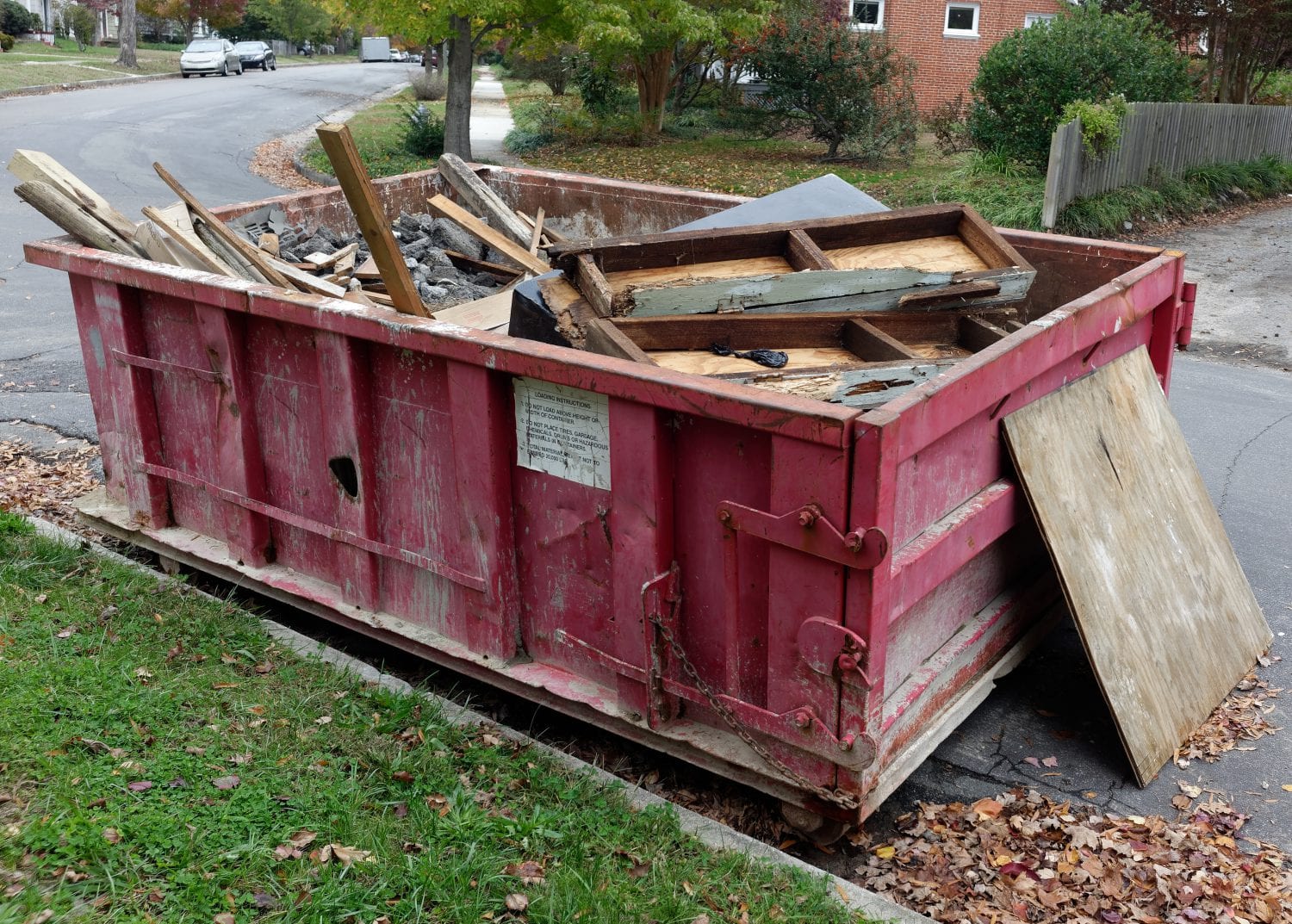
Choosing between a roll-off and a hook lift largely depends on your specific operational needs, the types of materials you’ll be hauling, and the speed at which you need to swap containers.

Why Invest in a Dumpster Truck? Benefits for Businesses
Acquiring a dumpster truck is a significant capital expenditure, but the benefits it offers can far outweigh the initial cost, particularly for businesses with consistent waste or material handling needs:
- Cost Savings & Efficiency: Eliminates the need to constantly rent dumpsters or pay third-party hauling services, leading to substantial long-term savings. You gain complete control over your waste logistics and scheduling.
- Increased Control & Flexibility: Manage your own pickup and drop-off schedules, ensuring materials are moved precisely when needed, reducing project delays.
- New Revenue Streams: For construction companies, landscaping firms, or even entrepreneurs, a dumpster truck can become a core asset for offering waste removal services to others, turning an expense into a profit center.
- Site Management: Improves site organization and safety by allowing for timely removal of debris, reducing clutter and potential hazards.
- Environmental Compliance: Facilitates better waste segregation and recycling efforts, contributing to a more sustainable operation and adherence to environmental regulations.
- Enhanced Professionalism: Owning your equipment projects a more professional image, demonstrating self-sufficiency and reliability to clients.
Key Considerations When Buying a Dumpster Truck
Navigating the "dumpster trucks for sale" market requires careful consideration of several critical factors. A well-informed decision will ensure your investment aligns perfectly with your operational demands and budget.
-
New vs. Used:
- New Trucks: Offer the latest technology, full warranties, customizable options, and peace of mind regarding performance and reliability. However, they come with a higher upfront cost and immediate depreciation.
- Used Trucks: Provide a more budget-friendly option and a quicker return on investment. The challenge lies in thoroughly assessing their condition, maintenance history, and potential for future repairs.
-
Chassis & Engine Specifications:
- GVWR (Gross Vehicle Weight Rating): This is the maximum operating weight of the truck and its load. It’s crucial for legal compliance and ensuring the truck can handle your typical loads.
- Axle Configuration: Common configurations include single-axle, tandem-axle, and tri-axle, influencing payload capacity and maneuverability. Tandem or tri-axle trucks are typically required for heavier loads.
- Engine: Consider horsepower, torque, and fuel efficiency. Diesel engines are standard for their durability and power.
- Transmission: Automatic transmissions are easier to operate, while manual transmissions might offer better fuel economy and control for experienced drivers.
-
Hoist System Capacity & Type:
- Ensure the hoist’s lift and pull capacity matches or exceeds the weight of your heaviest anticipated loads and containers.
- Confirm the hoist system is compatible with the containers you intend to use or purchase.
-
Container Compatibility & Availability:
- If you already own containers, ensure the truck’s hoist system (roll-off or hook lift) is compatible with their dimensions and attachment points.
- If buying new containers, factor their cost into your budget and confirm availability from suppliers.
-
Condition Assessment (for Used Trucks):
- Frame & Body: Inspect for rust, cracks, or signs of structural damage.
- Engine & Transmission: Check for leaks, unusual noises, and proper fluid levels. Get an oil analysis if possible.
- Hydraulics: Inspect cylinders, hoses, and pumps for leaks or damage. Test the hoist system repeatedly.
- Tires & Brakes: Assess tire tread depth and brake system health.
- Electrical System: Ensure all lights, gauges, and accessories are functional.
- Mileage & Engine Hours: Lower numbers generally indicate less wear, but overall maintenance is more critical.
-
Maintenance History & Documentation:
- Request detailed service records. A well-maintained truck, even with high mileage, can be a better investment than a low-mileage truck with neglected maintenance.
- Verify the VIN (Vehicle Identification Number) and check for any liens or salvage titles.
-
Regulatory Compliance:
- Be aware of local, state, and federal regulations regarding vehicle weight limits, emissions standards, and safety features. DOT (Department of Transportation) compliance is critical.
-
After-Sales Support & Parts Availability:
- Consider the availability of parts and service for the specific make and model. Downtime is costly, so reliable support is essential.
Where to Find Dumpster Trucks For Sale
The market for "dumpster trucks for sale" is diverse, offering various avenues for purchase:
- Commercial Truck Dealerships: Offer new and certified used trucks, often with financing options, warranties, and service departments.
- Online Marketplaces: Websites like TruckPaper.com, CommercialTruckTrader.com, Ritchie Bros. Auctioneers (for auctions), and even eBay or Craigslist (exercise extreme caution) host a vast array of listings.
- Auctions: Public and private auctions can be excellent places to find deals, but purchases are often "as-is," requiring thorough pre-inspection.
- Private Sellers: Check local classifieds, industry publications, or network within the waste management or construction sectors.
- Specialized Brokers: These professionals can help source specific truck types, negotiate prices, and handle logistics.
The Buying Process: A Step-by-Step Guide
Purchasing a dumpster truck, especially a used one, requires a methodical approach:
- Define Your Needs & Budget: Determine the specific type of truck (roll-off/hook lift), capacity, new vs. used preference, and set a realistic budget, including acquisition costs, financing, and initial maintenance/repairs.
- Research & Compare: Identify potential makes and models that fit your criteria. Compare specifications, features, and asking prices across different sellers and platforms.
- Thorough Inspection (Crucial for Used): If possible, inspect the truck in person. For used vehicles, always hire an independent, qualified heavy truck mechanic to conduct a pre-purchase inspection. This is the single most important step to avoid costly surprises.
- Test Drive: Operate the truck under conditions similar to how you’d use it. Test the hoist system, brakes, steering, and transmission.
- Due Diligence:
- Obtain the VIN and conduct a history check (e.g., through Carfax or specialized commercial vehicle history reports) to check for accidents, liens, or title issues.
- Review all maintenance records.
- Verify the seller’s legitimacy.
- Negotiate: Don’t be afraid to negotiate the price, especially if the inspection reveals minor issues.
- Financing: Explore financing options (bank loans, equipment leases, seller financing) and secure the best terms.
- Insurance & Registration: Arrange for appropriate commercial vehicle insurance and ensure proper registration and licensing before operating the truck.
- Transportation: Plan how you will transport the truck to your location if it’s not drivable or far away.
Tips for a Successful Purchase
- Don’t Rush: Take your time to research and inspect. A hasty decision can lead to buyer’s remorse and significant expenses.
- Budget Beyond the Purchase Price: Factor in sales tax, registration fees, insurance, immediate repairs (for used trucks), and ongoing operational costs (fuel, maintenance, tires).
- Consider Future Growth: Will the truck meet your needs in 3-5 years? Investing in a slightly larger capacity now might save you from upgrading sooner.
- Network: Talk to other business owners in your industry about their experiences with different truck brands and models.
- Professional Help: Don’t hesitate to consult with mechanics, financial advisors, or industry experts.
Challenges and Solutions
While buying a dumpster truck offers significant advantages, potential challenges exist:
- High Upfront Cost:
- Solution: Explore financing options like equipment loans or leases. Consider purchasing a well-maintained used truck to reduce initial outlay.
- Maintenance & Downtime:
- Solution: Implement a rigorous preventative maintenance schedule. Build a relationship with a reliable heavy-duty truck service center. Keep common spare parts on hand.
- Finding the "Right" Truck:
- Solution: Clearly define your operational needs before searching. Utilize specialized online marketplaces and consider professional brokers. Be patient.
- Regulatory Compliance:
- Solution: Stay updated on all local, state, and federal regulations for commercial vehicles. Ensure your truck meets emissions and safety standards. Consult with a legal expert if unsure.
Dumpster Trucks For Sale: Illustrative Price Guide
The price of a dumpster truck varies significantly based on its type, condition, manufacturer, specifications, and market demand. The table below provides an illustrative range; actual prices will differ.
| Category | Type/Condition | Typical Price Range (USD) | Key Factors Influencing Price |
|---|---|---|---|
| New Trucks | Roll-Off (Heavy Duty) | $180,000 – $300,000+ | Chassis manufacturer (e.g., Peterbilt, Freightliner, Kenworth), hoist capacity, engine specs, transmission type, new technology, custom features |
| Hook Lift (Heavy Duty) | $190,000 – $320,000+ | Same as roll-off, plus specific hook lift mechanism brand/features, automation | |
| Used Trucks | Roll-Off (Good Cond.) | $80,000 – $170,000 | Year of manufacture, mileage/engine hours, overall mechanical condition, maintenance records, hoist system condition, tire life, cab features |
| (5-10 years old) | Hook Lift (Good Cond.) | $90,000 – $180,000 | Same as roll-off, with emphasis on hydraulic system integrity |
| Used Trucks | Roll-Off (Fair Cond.) | $40,000 – $75,000 | Older models (10-20+ years), higher mileage, potential for significant repairs needed, cosmetic wear, rust |
| (10-20+ years old) | Hook Lift (Fair Cond.) | $45,000 – $80,000 | Similar factors as roll-off, potential for hydraulic system overhaul |
| Chassis Only | New (Cab & Chassis) | $100,000 – $150,000+ | Make, model, engine size, axle configuration, transmission, trim level |
| Hoist System Only | New (Roll-Off/Hook) | $40,000 – $70,000+ | Brand (e.g., Galbreath, Stellar, SwapLoader), capacity, features, installation complexity |
| Dumpster Containers | New (20-40 yd) | $4,000 – $8,000 per unit | Size, material thickness (gauge), door type, specific features (e.g., compactability, lids, heavy-duty construction) |
Disclaimer: Prices are highly variable and depend on current market conditions, geographical location, specific features and options, and the negotiation process. This table is for illustrative purposes only.
Frequently Asked Questions (FAQ)
Q1: What’s the main difference between a roll-off and a hook lift dumpster truck?
A1: A roll-off truck uses a cable and winch system to pull containers onto the chassis, while a hook lift truck uses a hydraulic hook arm to lift and place containers. Hook lifts are generally faster for container swaps and more versatile with different body types.
Q2: How much does a new dumpster truck cost?
A2: A new heavy-duty roll-off or hook lift truck can range from $180,000 to over $320,000, depending on the chassis manufacturer, hoist capacity, engine, and added features.
Q3: What should I look for when buying a used dumpster truck?
A3: Key areas to inspect include the frame for rust/cracks, engine/transmission for leaks/noises, hydraulic system for leaks, tire condition, and hoist mechanism functionality. Always get a professional pre-purchase inspection and review maintenance records.
Q4: Do I need a special license to operate a dumpster truck?
A4: Yes, in most regions, operating a commercial dumpster truck requires a Commercial Driver’s License (CDL), specifically a Class A or B CDL, depending on the truck’s Gross Vehicle Weight Rating (GVWR) and whether it’s pulling a trailer.
Q5: What’s the typical lifespan of a dumpster truck?
A5: With proper maintenance, a dumpster truck can last 15-20 years or more, often accumulating 300,000 to 500,000 miles. The lifespan of the hoist system and hydraulics is also crucial and often dictates the truck’s operational life.
Q6: Can I finance a used dumpster truck?
A6: Yes, many banks, credit unions, and specialized equipment finance companies offer loans or leases for used commercial trucks. Interest rates and terms will depend on the truck’s age, your creditworthiness, and the down payment.
Q7: What are common maintenance issues for dumpster trucks?
A7: Common issues include hydraulic system leaks or failures, wear and tear on cables/pulleys (for roll-offs), brake system wear, tire replacement, and general engine/transmission maintenance common to heavy-duty vehicles. Regular preventative maintenance is key to mitigating these.
Conclusion
The decision to invest in "dumpster trucks for sale" is a strategic move that can significantly enhance a business’s operational efficiency, reduce long-term costs, and open doors to new revenue opportunities. Whether you opt for a new, state-of-the-art hook lift or a robust, well-maintained used roll-off, the principles remain the same: thorough research, meticulous inspection, and a clear understanding of your specific needs are paramount. By approaching this investment with diligence and foresight, you can acquire a powerful asset that will serve as the backbone of your material handling operations for years to come, empowering your business to haul, manage, and succeed.
